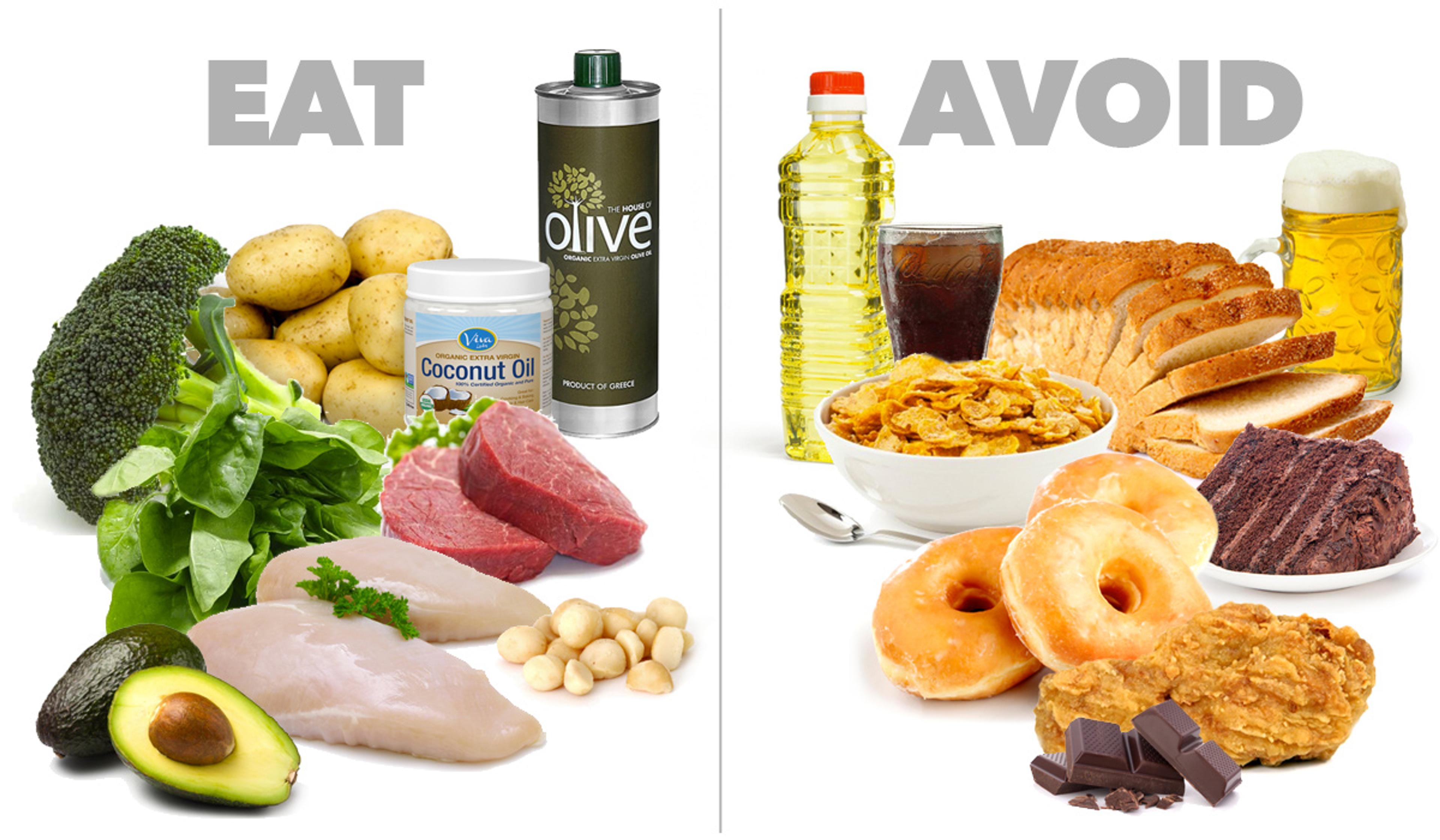Foundational habits for a healthy life

Affiliate Disclosure: This post may contain affiliate links. If you make a purchase through these links, we may earn a small commission at no extra cost to you. We only recommend products we genuinely believe in. Learn more
Medical Disclaimer: This content is for informational purposes only and is not medical advice. Please consult a healthcare professional before making health-related decisions. Full disclaimer
In This Article
The number one comment I hear in conversations about clean and healthy living is that it can be overwhelming. There are so many things to learn, purchase, and do. It feels impossible to know where to start.
What is foundational for healing – for all people at all times – and what is extra or only necessary in certain circumstances? How do I prioritize and make decisions to achieve the best results?
The good news is that your body can heal itself. It is constantly trying to heal itself!
The pathways for proper function are already wired into your system. If you’re not feeling great, there’s always a reason why: something interfering with the balance your body is designed for.
So, the best thing you can do for your health is to remove blockages to your body’s capacity for self-healing and self-regulation.
Foundational healthy habits at a glance
- Manage stress
- Eat whole food
- Move naturally
- Get outside
- Reduce toxic load
1. Manage your stress
90% of disease is driven by stress. Let’s say that again – 90%! Stress is the primary dysregulator of the human system. This means you can manage your healing process if you control your stress.
People often respond by saying that they can’t control their work, politics, traffic, inflation, etc. True. But that isn’t stress. Those are stressors. Your response to them is stress.
In other words, it’s not your kids that are stressful. Your kids may be stressors, but it’s you that’s stressful (full of stress).
Everybody experiences stress, and some stress is healthy! That’s why the goal isn’t to eliminate but rather to manage stress.
Balance is vital for healing, so what tools shift your body towards peace and empower you to manage your response to stress?
Tools for stress management
Diaphragm breathing
When stressed, we breathe with our chest, which is how most Americans usually breathe. We’re designed to breathe slow, expansive breaths with our diaphragm – all the time. Don’t underestimate the importance of this simple practice!
To learn more, check out diaphragm breathing and breathing exercises. You can dive into breathing more here.

Sleep quality
It's obvious, but its importance is always balanced. Sleep is essential for repairing our bodies, and our inbuilt circadian rhythm regulates much of our stress hormone production. Protecting your rest starts in the morning; aim to get natural light on your eyes as soon after waking as you can. And stay off screens an hour or so before bed; blue light confuses the brain into thinking it’s morning and boosts cortisol production, interfering with a deep night's sleep.
Fascial maneuvers
This movement pattern from Human Garage takes up to 75% of stress out of your body in 15 minutes. This resource was life-changing and key for pulling my body out of stress.
Journaling
Another form of emotional or artistic expression is journaling. Emotions can be carried in the body and sometimes get stuck if we aren’t intentional about releasing them, which drives the body into stress.
Faith practice
Belief in a higher power takes a weight off your shoulders because not everything depends on you. All the world’s longest-living people had a consistent faith practice. Join a church, learn to meditate, study a holy text – whatever strikes a chord with you. Intentionally cultivate peace – with the universe and your place in it – and watch how that affects your body.
You should stop reading here and work on the above before considering other healthy habits to integrate or products to purchase; cultivating PEACE is crucial to healing and flourishing. Everything else is secondary and even ineffective if the body is in a state of stress.
2. Eat whole foods
We get tied in knots about finding precisely the proper diet. And there’s a time and place for specific goals or diseases. But most of us get there simply by eating real food.
Simply put, natural or whole food is as close as possible to how it was found in nature.
The ingredients are words within the range of a normal human vocabulary (i.e., “celery” vs. “potassium sorbate”), and by looking at them, you can imagine how they came from the soil or an animal.
On the other hand, avoid processed food, which is fake food. It’s been manufactured or altered by man-made equipment and chemical processes and is devoid of nutritional value, causing body-wide inflammation (stress!) when consumed.

What should you eat?
Eat
Focus on ingesting meat from healthy animals, stick to mainly organic fruits and vegetables, and use cold-pressed oils (olive, coconut, and avocado primarily), whole grains, and sea salt.
Avoid
It is best to avoid anything highly processed. Choose the option that is closest to the food’s natural state.
Consider this example: olive oil versus canola oil.
Olive oil is made by simply pressing olives — cold-pressing is a gentle process that preserves the olive’s nutrients and healthy fatty acids.
Canola oil, on the other hand, is made through a highly complex chemical process. Canola seeds are crushed using a hexane solvent (think: industrial cleaner type chemical), heated, refined, filtered, and deodorized. Why does it need to be deodorized? Because the heating process makes the fats go rancid, so otherwise it would smell like rotten fish. It’s an unnatural process! And it makes canola oil highly inflammatory. This is also true for other seed oils like soybean, sunflower, “vegetable,” corn, and safflower; avoid all of the above.
Also, avoid foods like processed grains (e.g., anything labeled "enriched"), ingredients with unfamiliar names like monosodium glutamate, or added sweeteners.
A helpful rule of thumb is that if you look at the ingredients label and don’t understand the words, your gut won’t understand how to process it.
When you give your body the nourishment it needs, with the foods explicitly created to provide you with life, your body can build, heal, and thrive.
3. Move naturally
Our bodies are designed for motion, yet we spend most of our time sedentary in the modern world. Movement is critical for overall feeling good in your body, reducing tension (stress!), and moving systems responsible for digestion and drainage.
When people hear “exercise more,” they typically think of cross-fit or dirty gyms with intimidating equipment. It doesn’t need to be like that. And often, aggressive workouts are shoved into an otherwise primarily sedentary lifestyle.
The key is to stay in motion for the majority of your day. Gentle movement is as good as intense exercise (if not better!).
Some ideas: walking, hiking, swimming, and fun social and physical activities like rock climbing are all fantastic for whole body health. Use a standing desk at work, sit on a yoga ball on your computer, squat while folding laundry or watching TV, bike instead of driving to work, and have evening dance parties with your kids.
4. Get outside
Spending time in nature is incredibly beneficial for stress management, but it deserves its mention because of the wide-reaching effects on full-body health.
- Vitamin D from sunshine is essential for immunity, bone and tissue health, and maintaining low levels of inflammation. Natural light also regulates circadian rhythm, as mentioned above.
- Fresh air cleans your lungs, boosts your mood, lowers your heart rate (stress!), and improves digestion.
- Grounding (also called earthing) – physically connecting with the earthly – has incredible physical and psychological benefits. It’s free! It is mighty for people who spend a lot of time with technology, as connecting with the natural electric charge of the earth provides an outlet to transfer excess energy we absorb from our devices, wifi signals, etc.

Also, research shows that even looking at pictures of nature can decrease stress levels! Decorate your home with plants (or photographs of plants), and use nature scapes as your desktop background – to boost your health!
5. Reduce toxic load
This habit is potentially complicated, overwhelming, and expensive, but it can be vital to addressing stubborn health symptoms and healing diseases. We discuss this topic in more detail in other blog posts, so I will only go into some detail here. However, the basic concept is as follows:
Our bodies have a limited capacity to detoxify from pollutants, which include pesticides on food, air pollution, chemicals in cleaning and beauty products, EMF radiation from technology, seasonal allergens, processed foods, contaminants in water, parasites, and mold, among others. I refer to this capacity as our "toxic bucket." When our toxic bucket becomes full and overflowing, our drainage pathways become overwhelmed, and toxins accumulate in our tissues, leading to various health issues.
Given that we are not designed to be constantly exposed to high levels of chemicals in the modern world, it is easy for our toxic buckets to fill up.
Reducing our exposure to toxins sometimes requires intentionality, research, and resources. Take it one step at a time, and most importantly, don't stress about it!
Top healthy habits for a clean & honest life
To summarize, when you don’t know where to improve your health and feel overwhelmed by all the options, start here. These practices are essential for healing and flourishing!
- Manage stress (PEACE)
- Eat whole food (NOURISHMENT)
- Move naturally (MOVEMENT)
- Get outside (NATURE)
- Reduce toxic load (PURITY)
Good luck on your journey!
Related articles

Best clean and non-toxic sunscreens (for babies, kids & adults)
We’ve compiled our favorite non-toxic sunscreens to help you enjoy outdoor fun without worrying about harmful ingredients.

Best period underwear: Options for every flow (2026)
Discover the best period underwear for 2026—organic, PFAS-free options that actually work. Research-backed reviews & brands to avoid. Shop safer today!

The best cast iron skillet: Safe, non-toxic cookware that lasts a lifetime
Discover the best cast iron skillet for safe, non-toxic cooking. Compare Lodge, Field Company, and Lancaster (and more). Plus, learn how to season and clean...


